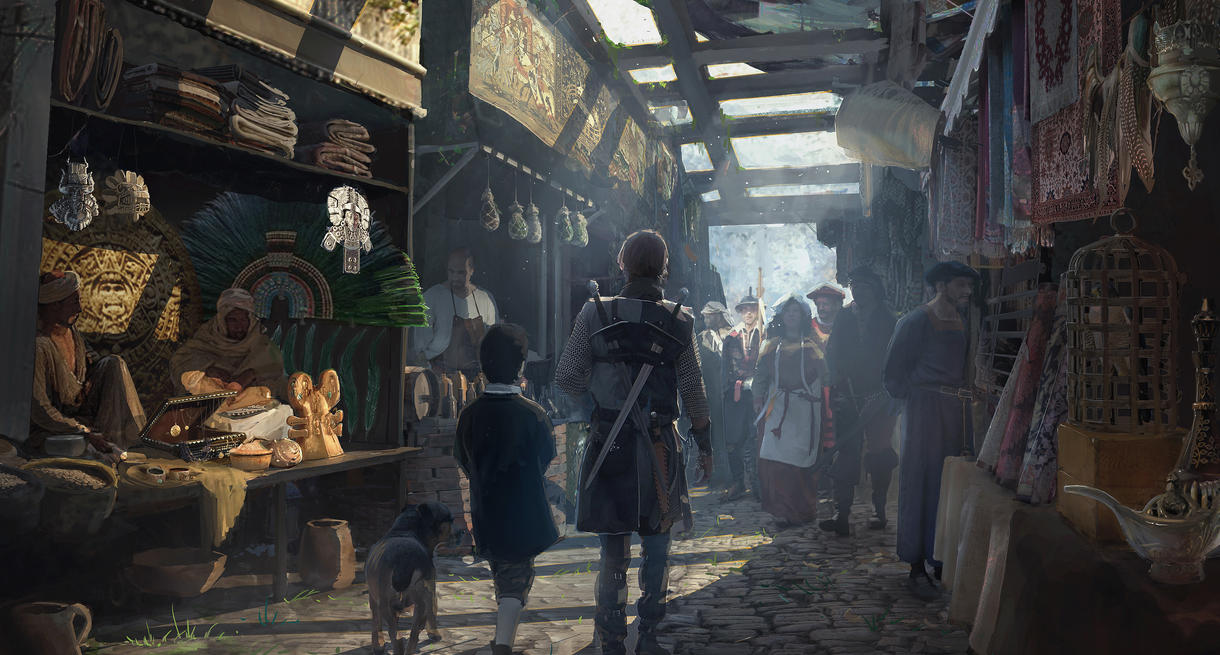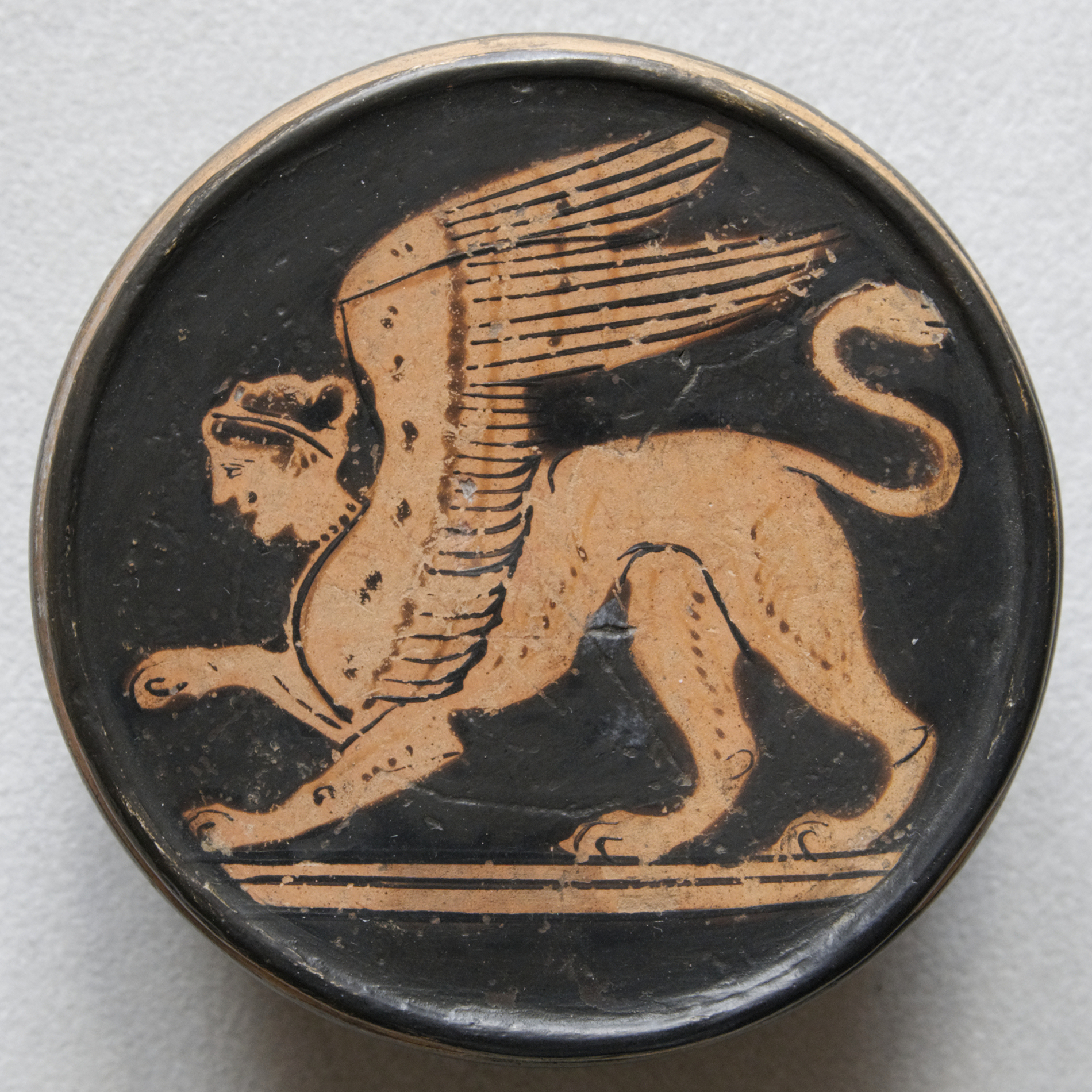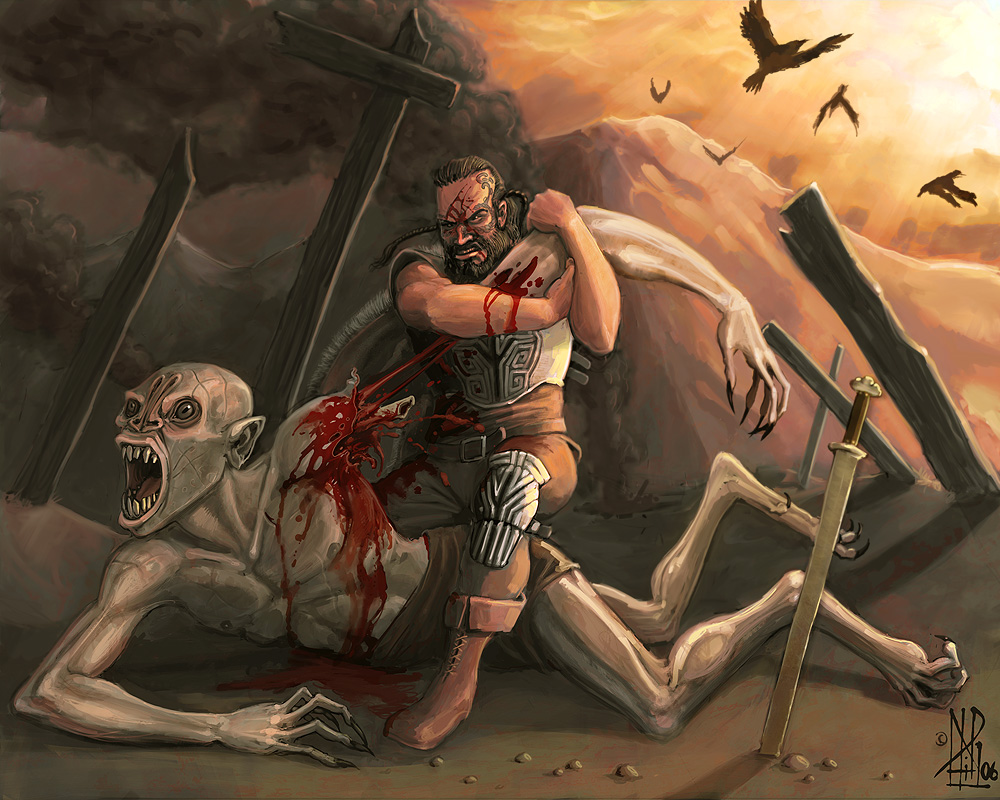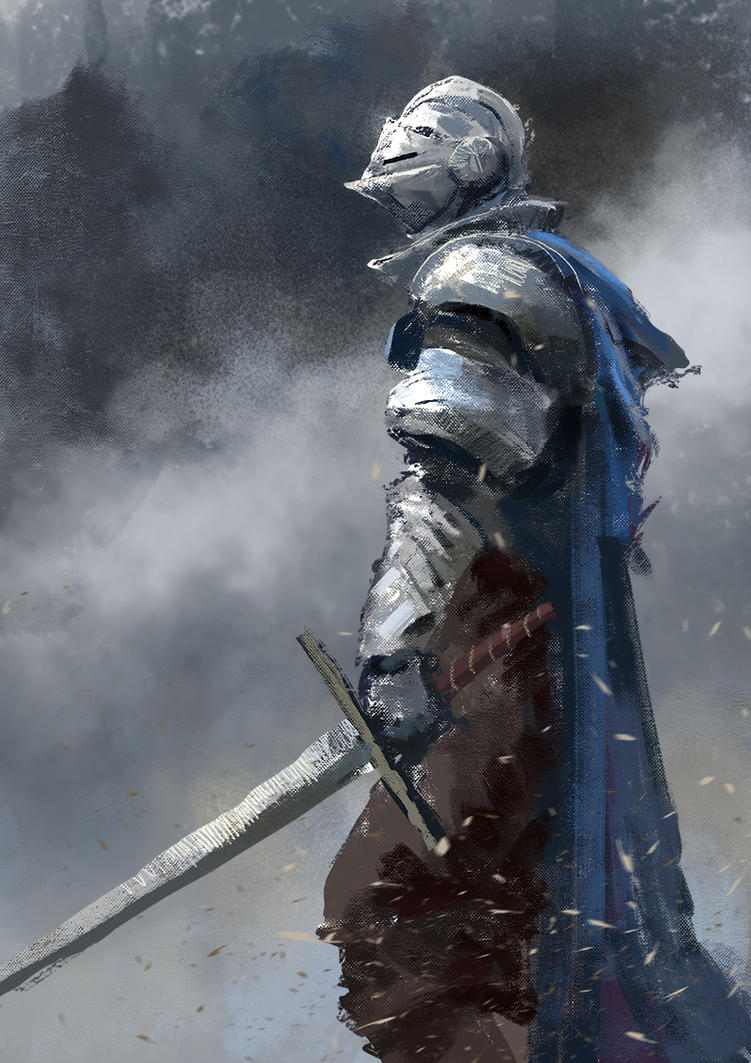This writing is based from Sita Daughter of the Earth, written by Saraswati Nagpal. I accessed this graphic novel in OU's Bizzell Library reserves.
The city gates of Videha towered
over Rama and his brother as they entered the kingdom. The sandstone archway
stood seventy feet tall, and the iron doors shone brightly in the sunlight. The
doorway itself could fit twelve men standing shoulder to shoulder; today, the
gate was getting its full use. It was the morning, but the sun was already beating
on the Ayodhyan princes’ skin.
Inside the city, the markets were
as busy as ever. Rama looked around the crowds of people; many of them were
wearing expensive silks which glistened in the sunlight. “This city looks very
wealthy,” Rama whispered to his brother, Lakshmana. But his sage, Viswamithra,
turned his head at the statement.
“The city is very wealthy, but what
you are seeing are many princes, not common folk.”
Rama looked at one of the princes
near him. The prince was dressed head to toe in lapis blue silks, with a golden
crown and necklace, and rings on most of his fingers. Many servants cheerfully bustled
about him, describing the multitude of items for sale in the city markets. Rama
remembered dressing like that months ago. Such garb was not meant for battle, especially
not against rakshasas. “Viswamithra, why are there so many princes visiting the
city?”
“The king’s daughter’s swayamvara
is tomorrow morning. Rumor has it she is very beautiful.” At this, the sage
looked at Rama over his shoulder and smirked. “Some even say her beauty must be
divine.” His words trailed off as he turned back, and he continued walking.
“Is that why we’re here?” Lakshmana
asked. His father had told the two princes before their journey that it would
soon be time for them to find wives.
“No, no, of course not. We’re just
here for supplies.” Rama heard something in the sage’s voice, but chose to
ignore it. Viswamithra was inherently cryptic: if he hid any wisdom in his tone
of voice, Rama would not soon discover it.

As he talked and walked,
Viswamithra’s shoulder bumped up against a figure next to him. “Oh, excuse me
miss,” he said gently. As the girl’s head turned, her eyes locked not on
Viswamithra, but with Rama’s own eyes. He stared into the girl’s eyes, and her
beauty entranced him; her eyes were greener than the jungle and enveloped him
like the ocean. No matter how Rama tried, he couldn’t look away from her; it
wasn’t that he wished to and couldn’t, but that he never wanted to look
anywhere else. Even as he looked at her, she looked back, and her eyes widened
at the sight of him. In that moment, Rama spent an eternity. And just as
eternal as that moment was, so too was it fleeting. When it passed, Rama was
thrown back into the normality of life, the girl was lost in the crowd, and his
brother and sage were walking down the streets of the market.
The day was spent gathering
supplies for the journeys to come, but Rama’s night was restless. In the
beginning of his journey, Rama’s dreams were plagued by the rakshasas he had
fought, but tonight he couldn’t even picture a rakshasa. He could only imagine
the girl, and the look in her eyes. The image of her kept him up most of the
night, and even after he found sleep, his dreams were filled with her.
Rama awoke to the prods of
Viswamithra. “Wake up Rama. You’ve slept away most of the day. We need to get
moving, and before we do leave, I want to see the princess’s swayamvara. You
won’t believe what the king has in store for those princes.” He prodded Rama
once more before departing.
The old sage and the princes of Ayodhya
walked the market streets once more, but this morning those same market stalls
were empty. Although thunderous sound roared from far across the city, the
streets around them were silent. They walked without speaking, and with every
step, the uproar of the crowd grew louder.
“Make way for princes!” Viswamithra
shouted as he pushed spectators aside with his walking stick. The entire city
(and many from outside it) had gathered to look upon the princes. If their garb
had been flashy the day before, they shone like stars today; most of each of
their bodies were covered in gold from head to toe, with great capes flowing
behind them. But already, many looked defeated. When they finally found a good
place to spectate, Viswamithra told the boys, “King Janaka stated many years
ago that only a man who could string his family’s bow could marry his daughter.
Little do these princes know it was once the bow of the god Shiva. It would
take a miracle to string it.”
Even as Viswamithra spoke, Rama
could see a prince grabbing the giant bow. But flex as he might, the bow wouldn’t
even lift from its resting place. Around him were many other princes; most of
them looked both defeated and exhausted. Looking further, he saw the king,
Janaka, and sitting next to him was –
Rama’s heart skipped a beat, and
then one beat more. The same green eyes from the day before met his. At first,
the princess’s eyes showed hopelessness, but as the moment lingered, they
became excited. Without breaking his gaze, Rama pushed his pack into his
brother’s hands. He walked up to Shiva’s bow as the last prince walked away. Rama
lifted it and began to bring the string to the opposite tip. But before the
string ever reached it, the bow split in half, straight down the middle. As it
split, a crack like thunder rang out, and the crowd fell silent. Rama walked up
the stairs of the thrown of the king, his footsteps echoing among the people. His
eyes still held the princess’s gaze. Her mouth revealed a simple smile, but her
eyes were beaming.
Back in the crowd, Lakshmana stood
with his mouth agape, and Viswamithra chuckled to himself. “Divine indeed.”
Author’s Note: this story is based on Sita, Daughter of the
Earth, which itself is based on the Ramayana. Both of those tell stories of
Sita and Rama meeting; as Sita and Rama are both incarnations of gods who were
in love, their love, even in human form, is very powerful from the moment they
see each other. In Sita, Daughter of the Earth, Sita hears of Rama before he
even arrives in the city and immediately falls in love. She secretly hopes he
will come to her swayamvara and string the bow. Then he does, and the bow
breaks, and they get married. I thought this was surprisingly unromantic; while
I find the theme of “godly love trapped in mortals” to make for an incredible
romance, it makes more sense for that love to be triggered by sight than by
hearing stories of a prince who slays demons (which is how he was described to Sita in the graphic novel.) Ultimately, this writing follows the story more
closely to the Ramayana.
Image Information





